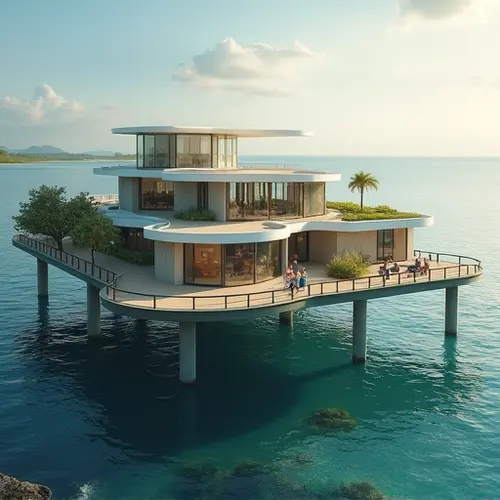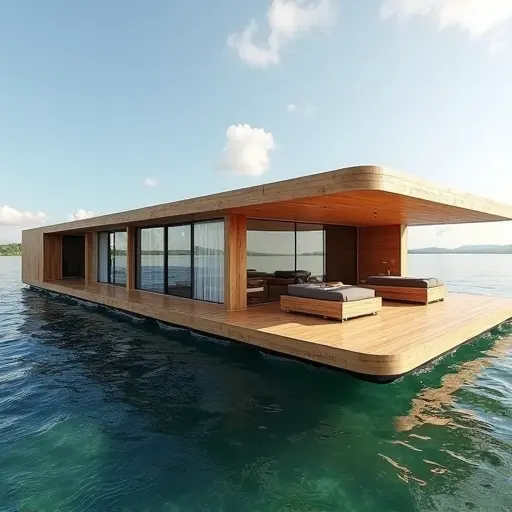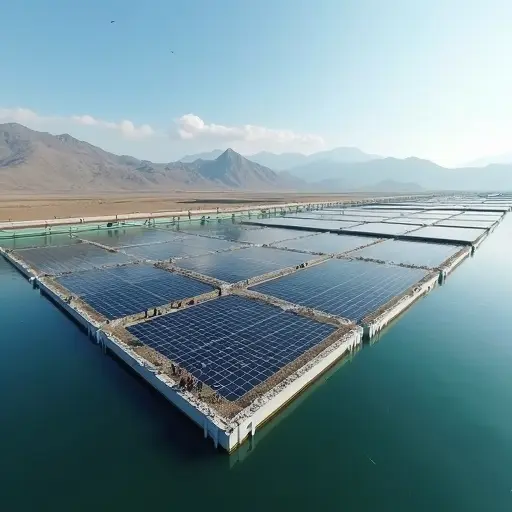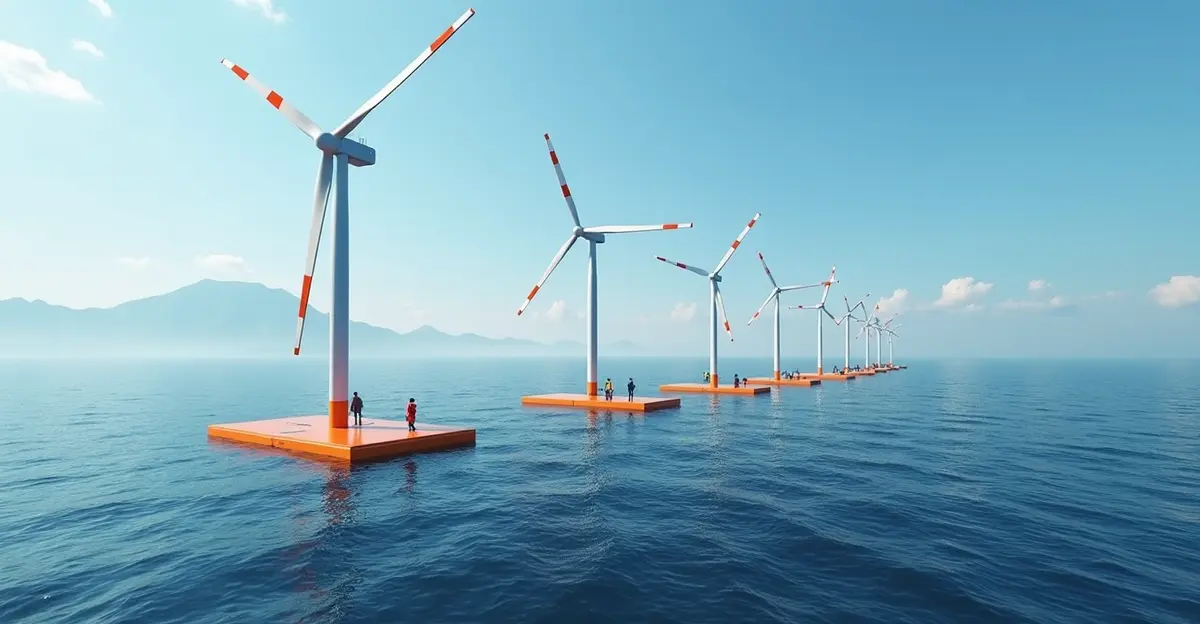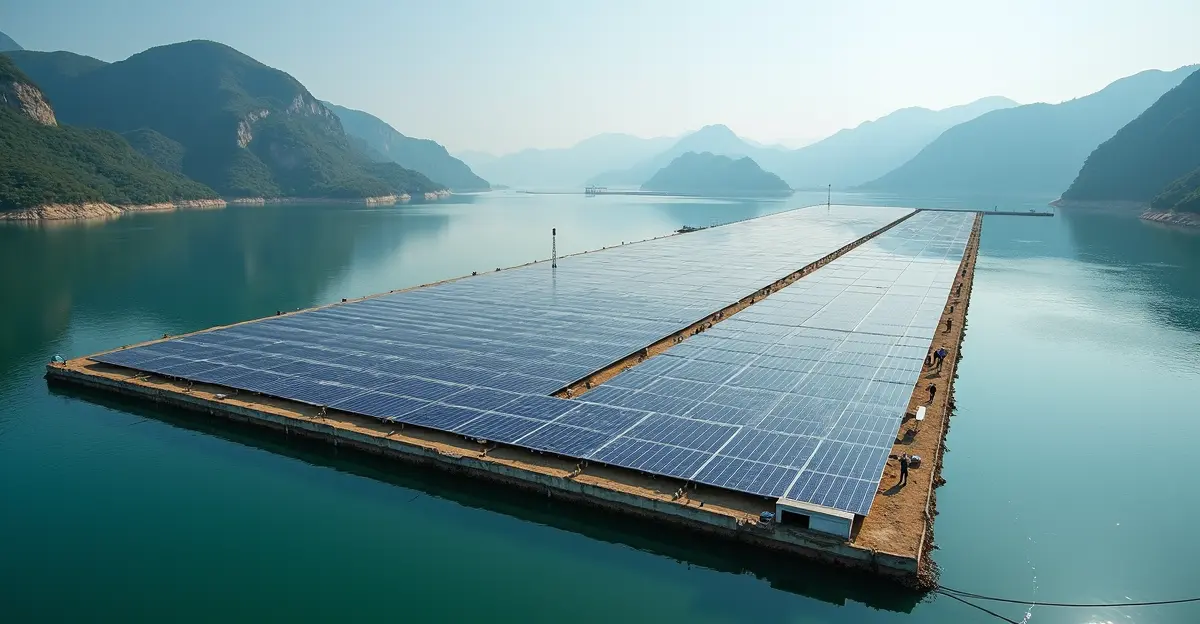Floating cities emerge as innovative solution to climate change and rising sea levels, with projects in South Korea and Maldives leading sustainable urban development on water.
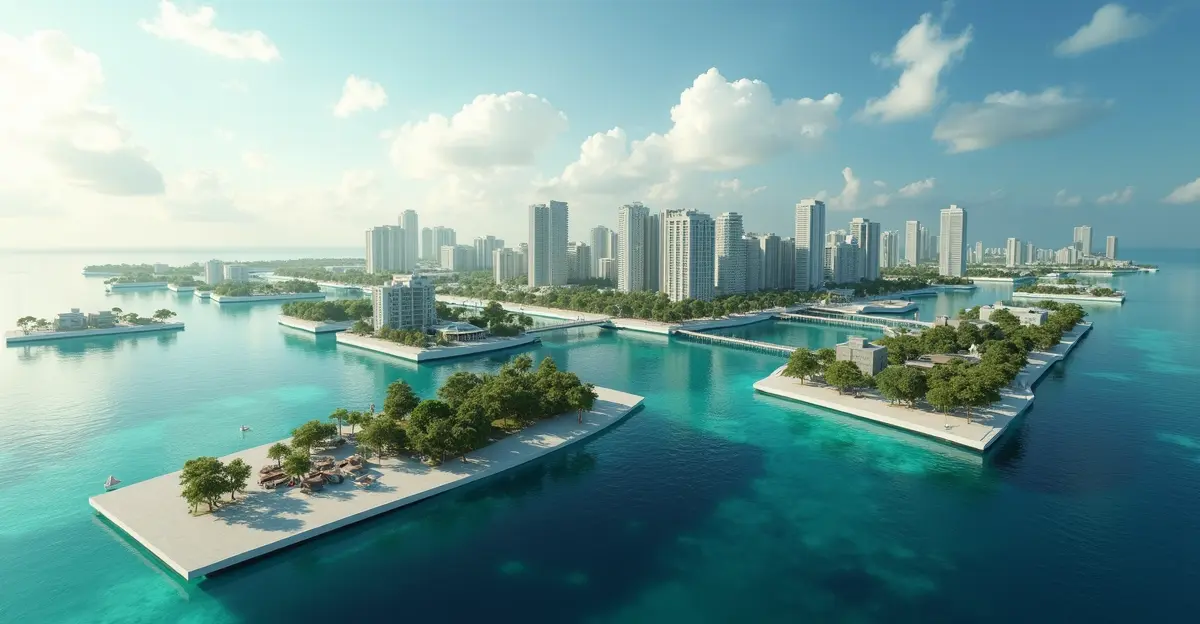
The Rise of Floating Urban Settlements
As coastal cities worldwide face the mounting threats of climate change and rising sea levels, architects and urban planners are turning to an innovative solution: floating cities. These ambitious projects represent a paradigm shift in how we think about urban development and climate resilience.
Pioneering Projects Taking Shape
Several groundbreaking floating city initiatives are moving from concept to reality. The Oceanix Busan project in South Korea, developed in partnership with UN-Habitat, aims to create the world's first prototype sustainable floating community. This 6.3-hectare development is designed to house 12,000 residents and withstand category 5 hurricanes.
Meanwhile, the Maldives Floating City project represents a direct response to existential threats. With 80% of the Maldives sitting less than one meter above sea level, this 200-hectare floating development will accommodate 20,000 people in a coral-inspired hexagonal pattern.
Technology and Sustainability Innovations
Modern floating cities incorporate cutting-edge technologies including closed-loop water systems, renewable energy generation, and advanced waste management. "These aren't just floating structures—they're self-sustaining ecosystems that could revolutionize urban living," says marine architect Dr. Elena Martinez.
The designs prioritize environmental harmony, with underwater structures that promote marine life growth and systems that minimize ecological disruption. Many projects feature aquaculture integration, where residents can farm fish and seaweed beneath their homes.
Addressing Global Challenges
Floating cities offer solutions to multiple 21st-century challenges. They provide climate resilience for vulnerable coastal communities, create new living space without land reclamation, and serve as testbeds for sustainable technologies that could be applied in traditional cities.
"We're not just building cities on water—we're reimagining urban life for the climate era," notes urban planner James Chen. "These projects could help address housing shortages while creating climate-adaptive communities."
Regulatory and Technical Hurdles
Despite the excitement, significant challenges remain. Maritime law, governance structures, and international regulations for floating settlements are still evolving. Technical challenges include storm resistance, maintenance in corrosive marine environments, and ensuring long-term structural integrity.
However, proponents argue that the urgency of climate change demands innovative thinking. As sea levels continue to rise, floating cities may transition from experimental concepts to essential components of global urban infrastructure.

 Nederlands
Nederlands English
English Français
Français Deutsch
Deutsch Español
Español Português
Português


